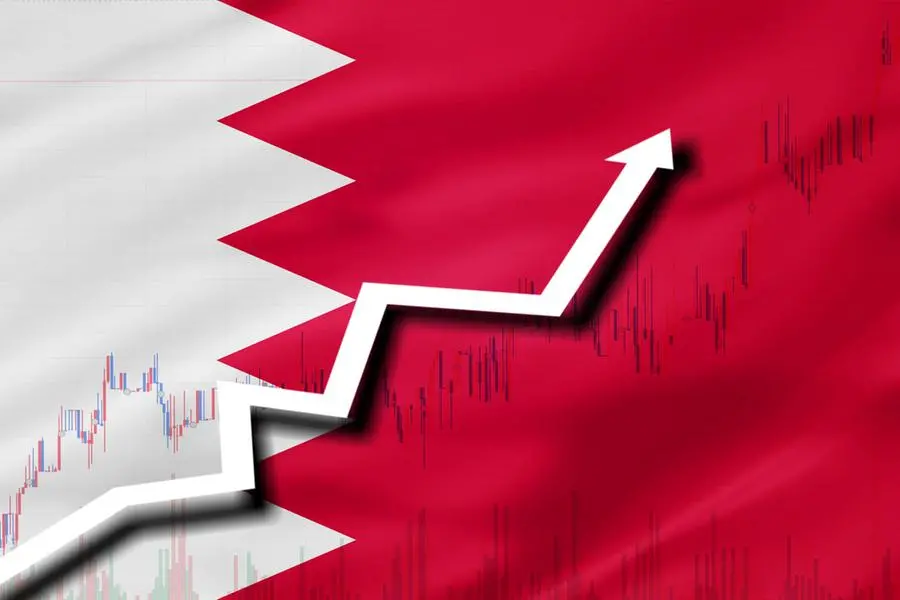PHOTO
BAHRAIN has moved up 16 places in a global peace index, reflecting the atmosphere of safety and security in the nation.The kingdom has been ranked the eighth most peaceful country in the Middle East and North Africa (Mena) region, according to the 2024 Global Peace Index (GPI), which is a leading measure of global peacefulness.Bahrain ranks 81 among 163 countries in the 18th edition of the GPI, which was released by the Institute for Economics and Peace (IEP), a think tank based in Sydney, Australia.
The report covers 99.7 per cent of the world’s population and ranks nations based on three parameters: societal safety and security; the extent of ongoing domestic and international conflict; and the degree of militarisation.Bahrain was placed 108 in the same index last year, 99 in 2022, 102 in 2021, 110 in 2020, 124 in 2019, 130 in 2018, 131 in 2017 and 132 in 2016.Bahrain is ranked ahead of France, India, Egypt, Türkiye and other nations in the latest rankings.Iceland remains the most peaceful country, a position it has held since 2008, followed by Ireland, Austria, New Zealand and Singapore – a new entrant in the top five.PeacefulYemen has replaced Afghanistan as the least peaceful country in the world, followed by Sudan, South Sudan, Afghanistan and Ukraine.
“The Middle East and North Africa (Mena) remains the least peaceful region. It is home to four of the 10 least peaceful countries in the world and the two least peaceful, Sudan and Yemen,” states the report.The ongoing Gaza conflict has also thrown the entire Middle East region into a crisis, involving Syria, Iran, Lebanon and Yemen ‘with the economic consequences mounting and a high risk of open warfare’.Among the GCC countries, Kuwait is ranked 25th in the list followed by Qatar (29), Oman (37), UAE (53), Bahrain and Saudi Arabia (102).The UAE recorded the largest improvement in peacefulness in the region – rising 31 places to 53rd in the latest rankings.The report highlights that the global economic impact of violence in 2023 was $19.1 trillion or $2,380 per person.Expenditure on peace-building and peacekeeping totalled $49.6 billion.
Furthermore, a total of 97 countries deteriorated in peacefulness, more than any year since the inception of the Global Peace Index in 2008.Conflicts in Gaza and Ukraine were the primary drivers of the global fall in peacefulness, as battle deaths reached 162,000 in 2023, according to the report.“Ukraine represented more than half, recording 83,000 conflict deaths, with estimates of at least 33,000 for Palestine up to April 2024.
“In the first four months of 2024, conflict related deaths globally amounted to 47,000.“If the same rate continues for the rest of this year, it would be the highest number of conflict deaths since the Rwandan genocide in 1994,” the report warns.The findings state that due to the ongoing Gaza conflict, Israel’s ranking fell to an all-time low of 155th, the largest deterioration in peacefulness in the 2024.However, over the past decade Palestine has witnessed the largest deterioration, slipping to 145th.“A further broadening of the conflict would severely impact the global economy, potentially triggering a worldwide recession,” the findings state.A total of 110 million people are either refugees or internally displaced due to violent conflict, with 16 countries now hosting more than half a million refugees.
Europe remains the most peaceful region, however, recording its largest year-on-year increase in military expenditure.Asia-Pacific remains the second most peaceful region with a slight decline in peacefulness, while Sub-Saharan Africa is now the second least peaceful region behind Middle East and North Africa as it faces several security crises.North America saw the largest regional deterioration, driven by increases in violent crime and fear of violence.“Over the past decade, peacefulness has declined in nine out of the 10 years,” said IEP founder and executive chairman Steve Killelea.“We are witnessing a record number of conflicts, a rise in militarisation and heightened international strategic competition.“It is imperative for governments and businesses worldwide to intensify their efforts to resolve the many minor conflicts before they escalate into larger crises.”
Copyright 2022 Al Hilal Publishing and Marketing Group Provided by SyndiGate Media Inc. (Syndigate.info).





















